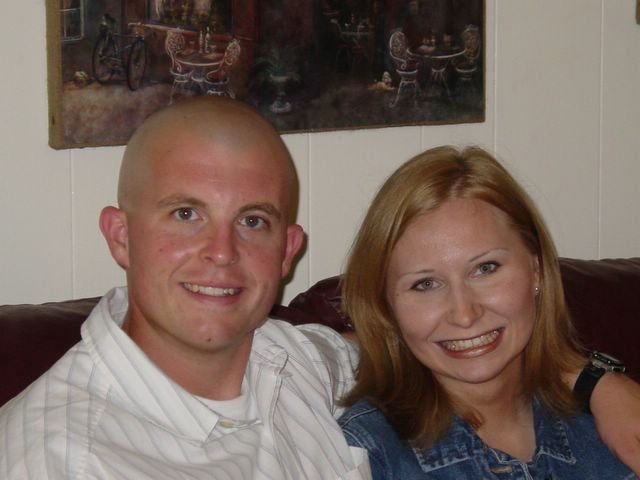Edgar Young Mullins Baptist Theologian and Leader
Fisher Humphreys wrote chapter ten of Theologians of the Baptist Tradition about Edgar Young (E.Y.) Mullins. After being raised in Texas and moving around the country, Mullins became a strong defender of the Christian faith and a leader of the Baptist.
Edgar Mullins was born as the first son and fourth child of his family on January 5, 1860. His father, who was a teacher, farmer, and Baptist minister. His mother dedicated him to Christian ministry without him knowing until he was 35 years old (181-182). The Mullins family moved to Corsicana, Texas because of the war, and in 1869 and Mullins’ father founded the First Baptist Church of Corsicana. The children of the family were encouraged to attend college, so Edgar became a member of the first class of the military school that is now known as Texas A&M University. Not yet a Christian and preparing to pursue a career in law, Mullins was converted to Christianity at a revival in Dallas, Texas. At the age of twenty he was baptized by his father in Corsicana, shortly thereafter he felt a call to full-time ministry and entered the Southern Baptist Theological Seminary (SBTS). After graduation his desire to become a missionary was halted because of health concerns of his doctor. Instead, he became pastor of Harrodsburg Baptist Church in Harrodsburg, Kentucky. After marring Isla May Hawley, Mullins went on to serve churches in Baltimore, Maryland and Newton Centre, Massachusetts. He then served the Foreign Mission Board and became president and professor of/at SBTS, a position he held until he died in 1928. During his time as president of SBTS he also served as president of the Southern Baptist Convention from 1921 to 1924 and the Baptist World Alliance from 1923 to 1928.
During his three decades at SBTS he had influence on three major theological issues that effected Baptist life. First was the controversy between Calvinism and Arminianism. Although Mullins continued to use a Calvinistic textbook in his class, he intentionally took a very moderate position on the issue (184). He wrote this about the extremes of both sides of the issue: “The really safe leaders of thought, however, are between these extremes (184).”
Landmark Baptist interpretation of history was another issue with which Mullins had to contend with during his ministry at SBTS. These Baptists were insistent that the only congregations permitted by the New Testament were local bodies of baptized believers that were in succession from the time of Christ. To deal with this issue Mullins referred to the same line of history as the Landmark movement, but let the answer ultimately rest with historical scholarship (185). This controversy may have led to the lack of written work on the doctrine of the church by Mullins.
The third controversy Mullins dealt with was the controversy between the Fundamentalists and Modernists. In this controversy the study of history and science was used to threaten or explain differently what the churches understood the Bible to say. Mullins, once again, had a very moderate opinion. His stance would not allow for the Bible to be explained away, and would not let the truthful claims of history and science be rejected. This moderate stance was very similar to the stance he took on the Calvinism and Arminianism debate.
Controversies were just one part of Mullins’ ministry, he also wrote more than six books. In his books he teach on apologetics, Baptist heritage, systematic theology, and the controversies of the day. This achievement should be noted along with his leadership of the Baptist worldwide. Through his leadership in the controversies noted above, he led the Baptist away from the extremes of several different views.
Although many of his stances were in the middle of the issue, he should be respected because of this careful thought on issues and his active engagement of the controversies around him. E. Y. Mullins was a great Baptist theologian that led his contemporaries and trained future ministers of the gospel.

No comments:
Post a Comment